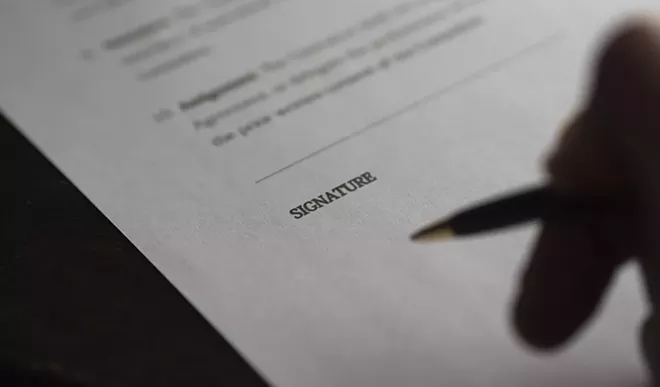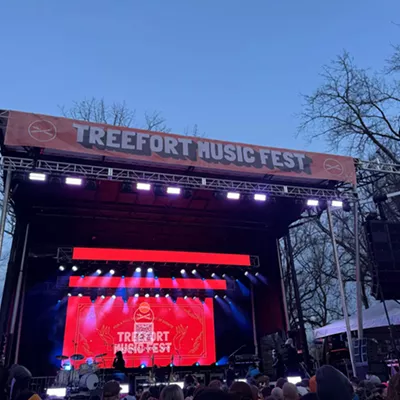How hard is it to get a homeless former inmate an identification card?
As Boise-area shelter director Jodi Peterson found out while trying to help one man get an ID, it takes a trip down a Kafka-esque rabbit hole that could frustrate even the most patient of people.
Peterson tried to help the man get a copy of his birth certificate, but a notarized signature was required. That requires a photo ID.
So they went to the prison he’d been released from and asked if they could reprint his prison ID. Nope. Instead, they provided his mugshot. Notary couldn’t take it. He tried to get a new social security card, but that also requires a photo ID.
They went to the Idaho Division of Motor Vehicles to see if they could reprint his license from years ago, but after 10 years, the system dumps all photos, so they couldn’t prove it was him.
The process went on and on (as detailed in Peterson’s 2017 Ted Talk) as the two went back and forth to the DMV and other places, scraping together enough supporting documentation to finally get him an ID card.
“It took six months of focused effort, and doing my entirely other job, and still, like, trying to figure out how I was gonna get these steps done,” Peterson says. “He actually was the one who kind of picked me back up sometimes, because he was much more used to failing and hearing no than I was.”
The man, Bodie, immediately used his ID to get a job.
After that, Peterson went to Rep. Melissa Wintrow (D-Boise) to see what could be done to prevent this from happening to other people.
They’ve worked together with the Idaho Department of Corrections and DMV and the state is now trying out a pilot program to provide ID cards in state prisons.
“When we finally got him employed, I said, 'Look, this is the break in the system,'” Peterson says. “If we can start within the prison, we can stop a number of people who are becoming homeless because they don’t have an ID, because they’re being released into a system that doesn’t welcome that.”
Already, the prisons in Boise, Pocatello and Orofino have the machines needed to get inmates an identification before they leave.
“Honestly, if you think for a minute about how many things we do in our everyday lives that require photo ID, it’s almost impossible to function without one,” Wintrow says in a news release. “This is a low-cost and logical step we can take to reduce recidivism, integrate people who have paid their debt back into society, and increase public safety.”
Peterson says she hopes other communities and other states will realize how important and easy it is to solve the issue and follow suit.
























